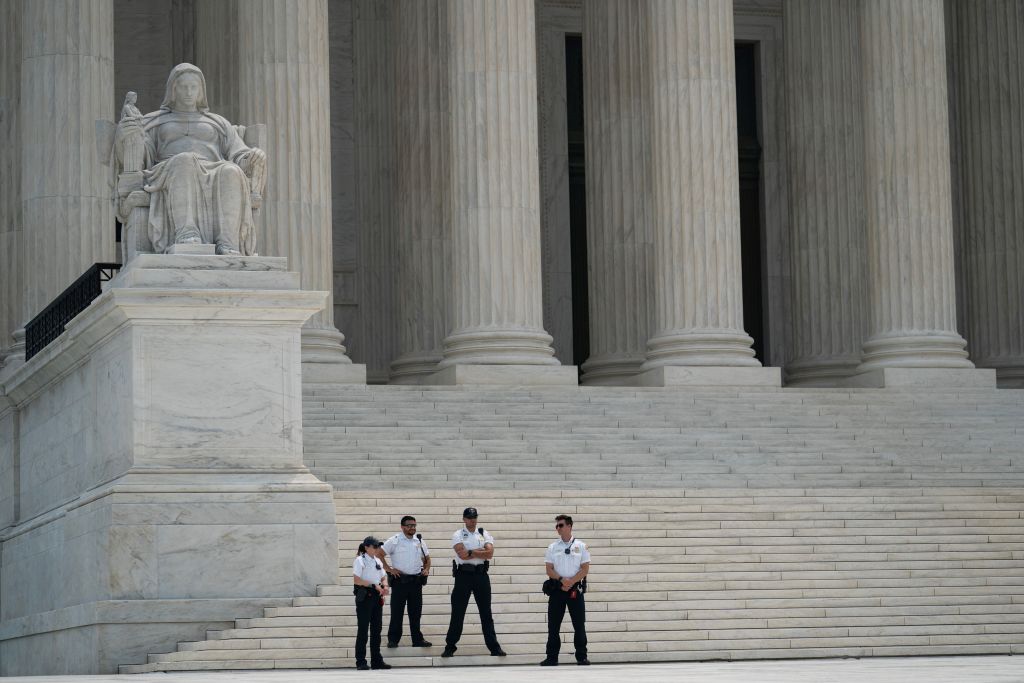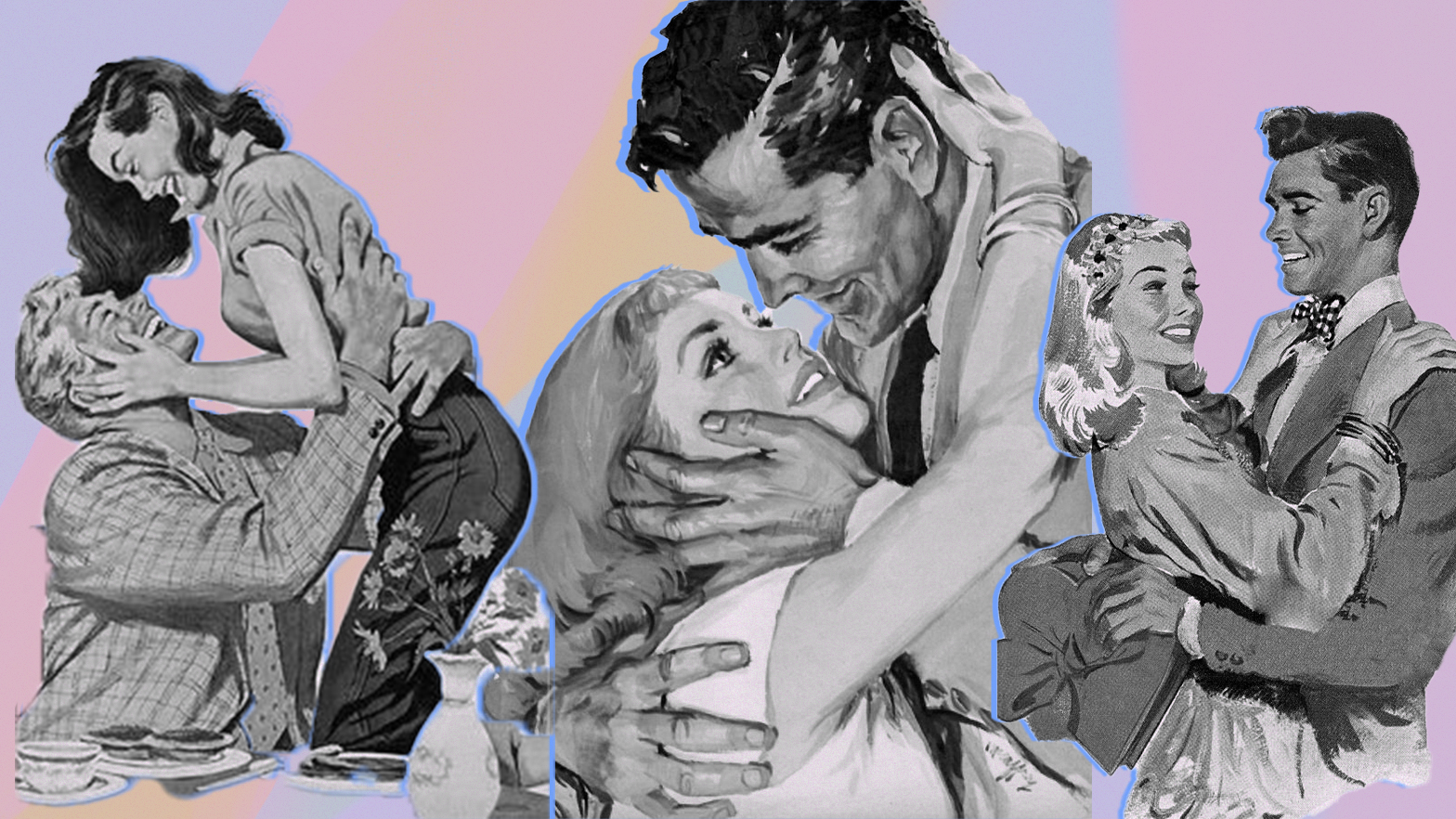Mega MAGA
The Golden Snow Globe

The solution to rule by celebrity is not more rule by other celebrities.
The internet is now predictably awash with two—and only two—videos from this year’s Golden Globes awards ceremony. In the first, British comedian Ricky Gervais uses his opening monologue to announce what is obviously true, painstakingly unspoken, and therefore punishingly funny: that his audience consists of self-satisfied prima donnas who fancy themselves sages but in fact “know nothing about the real world.”
In the second video, Michelle Williams (star of Dawson’s Creek) proves Gervais’s point with a tearfully heartfelt and quietly sinister acceptance speech. Williams declares that she got where she is by “employing a woman’s right to choose.” This of course is the favorite euphemism of a satanically corrupt and corrupting rhetoric, designed to obliterate all record of what Williams actually did: she allowed an infant in her womb to be murdered. Williams, like the clueless starlets who applauded her, is the victim of that rhetoric as much as she is its perpetuator. She has been gulled by it into trading her living child for lifeless gold, even as she now encourages others to do the same.
I and people like me cheered for Gervais and keened for Williams’s lost baby; others who oppose us cheered for Williams and scolded Gervais. Throughout, I couldn’t help feeling like the whole thing—the good and the bad of it—was playing out inside a snow globe, a little dioramic freeze-frame of a now unendurably scripted culture war.
To be sure, Gervais’s routine was original, admirable, and powerful—a delegitimization of Hollywood culture on its own terms, from within one of its major festivals of self-congratulation. But ultimately it’s not enough: the whole putrescent system needs dismantling. If our problem is that vapid celebrities are pontificating at us from the glitzy podiums of obsolescent awards shows, and our only solution is for another celebrity to pontificate at those celebrities from just such a podium, then we are, um, in trouble.
Long ago in the Athens of the mid-300s B.C., Plato had already coined a term for this predicament of ours. He called it “theatrocracy,” or “rule by spectator.” In Laws, Plato’s last dialogue, an imaginary Athenian recounts a potted history of Athens. “Under our old laws,” says the Athenian, “the general public exercised no control over anything but were, in a sense, voluntary servants of the laws.” A result of this was that, in the theaters where tragedians and solo musicians performed, people submitted themselves entirely to the judgment of trained authorities. These authorities considered carefully which new offerings were worthy and which displeasing.
Eventually, though, a new generation of pop stars took the stage, appealing to an adoring fanbase with unconventional new licks and riffs. Plato complains: “by writing and composing things like that, they planted lawlessness in the hearts of the public.” And as in theater, so in government: emboldened by the frenzy of the concert hall, the masses decided they knew what was best merely by gut feeling. They demanded of their leaders only what would satisfy their immediate desires, not what was in their best interests. And so whereas other civilizations—Persia, for example—hamstrung themselves “by forcing the populace into every kind of servitude,” Athens spiraled catastrophically into a senescence marked by “every kind of liberty” (699d-701d).
To me, Plato’s diagnosis of our situation seems exact, his implied solution intolerable. Certainly we are living in a theatrocracy—an aggressively stupid society whose celebrities train its populace to demand their own immediate gratification at the expense of anything with any real value. Even our delight in Gervais’s polemic—satisfying though it may be—is a symptom of our intense addiction to rule by spectacle.
But, as two thousand years and a revolution have taught us, submitting to good and wise men is only advisable if good and wise men are on hand and in power. At present they are neither, which is why Plato’s vision of a society ruled by experts sounds like a horror greater even than having to watch the Golden Globes. It is precisely the experts—the pundits and the so-called statesmen—that have failed us so singularly. They continue to do so, which is why we are at the mercy of celebrities in the first place.
The answer to this must surely be an overhaul in education, one that would retrain statesmen to lead and citizens to identify those statesmen. Only a society so trained is equipped for freedom; only statesmen so educated are worthy to uphold the laws; and only the laws may rightly command the allegiance of free citizens in the last analysis. Until then we will remain trapped in our theatrocratic golden snow globe.
The American Mind presents a range of perspectives. Views are writers’ own and do not necessarily represent those of The Claremont Institute.
The American Mind is a publication of the Claremont Institute, a non-profit 501(c)(3) organization, dedicated to restoring the principles of the American Founding to their rightful, preeminent authority in our national life. Interested in supporting our work? Gifts to the Claremont Institute are tax-deductible.
In order to fight abortion, pro-lifers must fight the screen.
Recent Supreme Court victories could signal a popular conservative resurgence.
Great social change takes time, courage, and charm—so get some.
A new doll raises some fundamental questions about the value of human life.
Having children and raising families requires a healthy, productive society.






